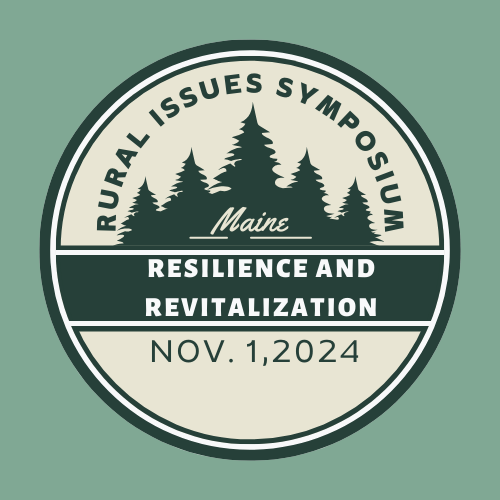Files
Download Full Text (927 KB)
Description
Maine’s rural coastal social-ecological systems have long supported diverse human activity and interests, like fishing, aquaculture, tourism, and recreation. Yet in the face of rapidly changing conditions, many linked with the climate crisis, communities often lack systematic, place-based approaches to monitor and develop solutions to address social-ecological change. We report on a collaborative community-based research project in Maine, USA that aims to address these gaps. In 2019-2021, we used participatory mapping and interviews to document local knowledge in the Damariscotta River Estuary in midcoast Maine. Through this study, we documented observations of change as well as hypothesized drivers. These results directly informed the design of an ongoing community-based research program that is contributing information to help support local decision making. We propose that research that emerges from local knowledge: 1) provides the foundation for knowledge co-production and feedback among scientists and collaborators; 2) uplifts diverse forms of knowledge and local voices; and 3) can tackle transdisciplinary questions that have both local and broader significance. Local knowledge documentation is a process that supports collaboration and allows for knowledge from marginalized rural populations, like shellfish harvesters, to be shared, thereby contributing to more just and equitable social-ecological research. This project represents an approach to collaborative research in rural coastal social-ecological systems that can foster knowledge co-production, enhance the visibility of local knowledge, and ultimately improve monitoring and understanding of change in dynamic social-ecological systems.
Publication Date
10-28-2024
Recommended Citation
Risley, Sarah and Leslie, Heather, "Local knowledge provides the foundation for community science on Maine’s rural coasts" (2024). Rural Issues Symposium. 94.
https://digitalcommons.library.umaine.edu/rural_issues/94



